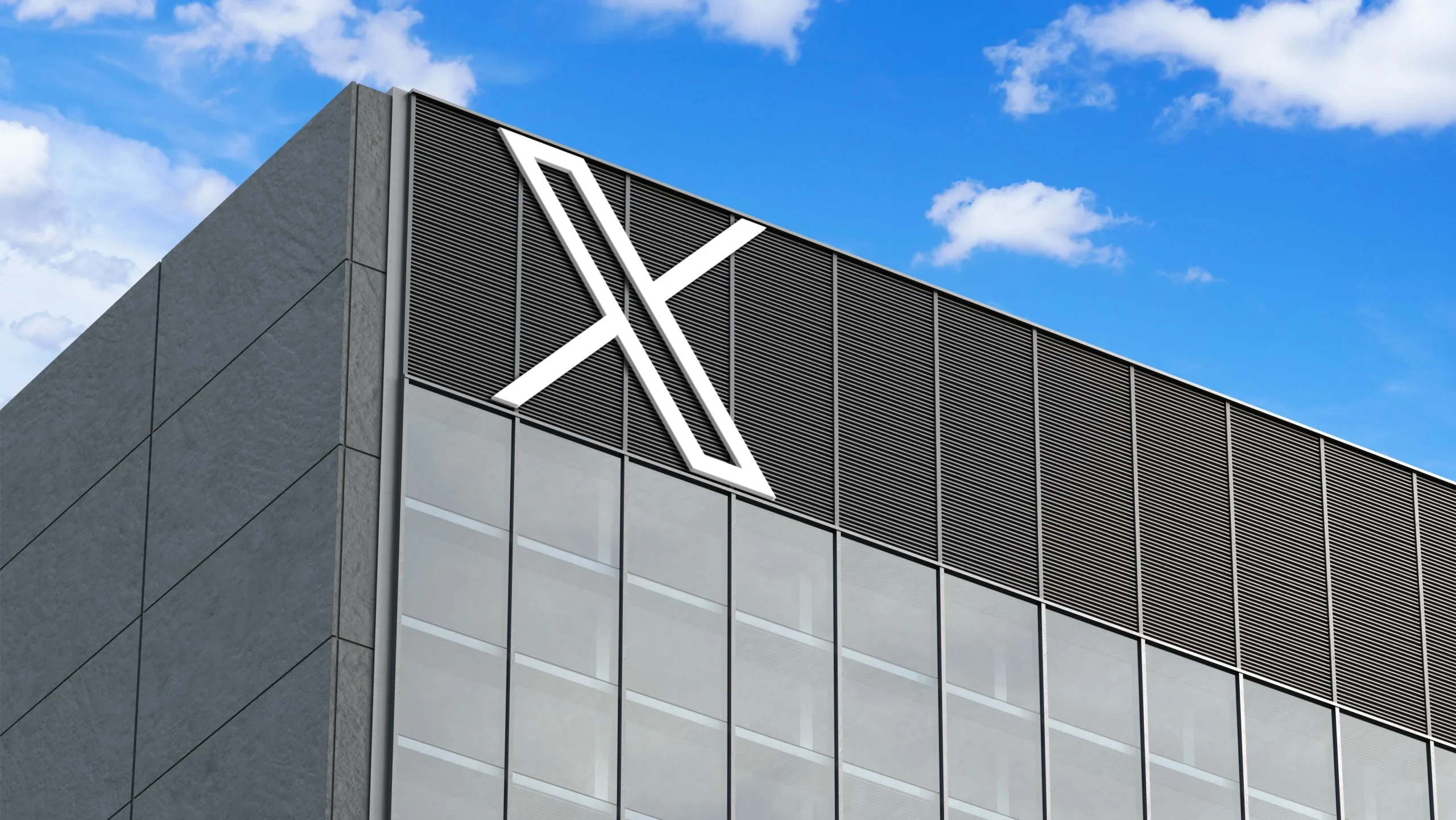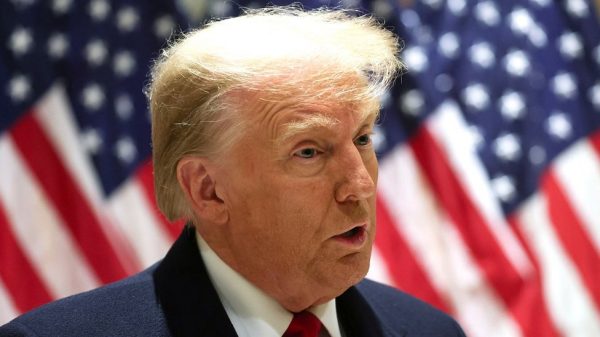X, formerly known as Twitter, has announced that it is ending its business operations in Brazil immediately, though the platform will remain accessible to users in the country. The decision comes after Alexandre de Moraes, a key figure in Brazil’s judiciary, reportedly threatened to arrest one of X’s legal representatives if the company did not comply with orders to remove certain content from its platform.
This move by de Moraes, who serves as both the president of the Superior Electoral Court and a justice of the Supreme Federal Court, has been described by X as a significant overreach of judicial power.
The conflict centers around de Moraes’ demand that X censor specific content, which the company has refused to do. Instead of complying, X decided to shut down its local operations in Brazil, citing the need to protect its staff from potential legal threats.
Elon Musk, the owner of X, revealed that the demand from de Moraes was issued through a “secret order,” which X chose to make public. Musk argued that complying with such orders would force the company to violate multiple laws across different countries, making it impossible to justify their actions without compromising their integrity.

X Shuts Down Operations in Brazil Amidst Legal Clash Over Content Censorship
In a public statement, X accused de Moraes of acting against democratic principles by issuing secret orders and threatening legal action against its staff. The company expressed frustration that its appeals to the Supreme Court had gone unheard and that the Brazilian public was not informed about these judicial orders.
X emphasized that its Brazilian employees had no control over content moderation decisions, yet they were being targeted by de Moraes’ actions, which the company deemed undemocratic.
Musk has a history of disputes with de Moraes, having previously criticized the justice’s efforts to enforce content moderation on X, which Musk views as unconstitutional. This ongoing conflict escalated earlier in the year when de Moraes launched an obstruction of justice inquiry against Musk after he vowed to defy court orders.
Although X initially stated that it would comply with Brazil’s top courts, the recent threat against its staff appears to have been a tipping point, leading to the drastic decision to cease business operations in the country.
The situation has drawn attention to broader concerns about governmental overreach and censorship in Brazil. In April, a report by the U.S. House Judiciary Committee highlighted attempts by the Brazilian government to pressure social media platforms, including X, into censoring hundreds of accounts, some of which belonged to prominent political figures.
X’s decision to end its local operations underscores the challenges global companies face when navigating complex legal and political environments, particularly when they conflict with core principles of free speech and democracy.









































